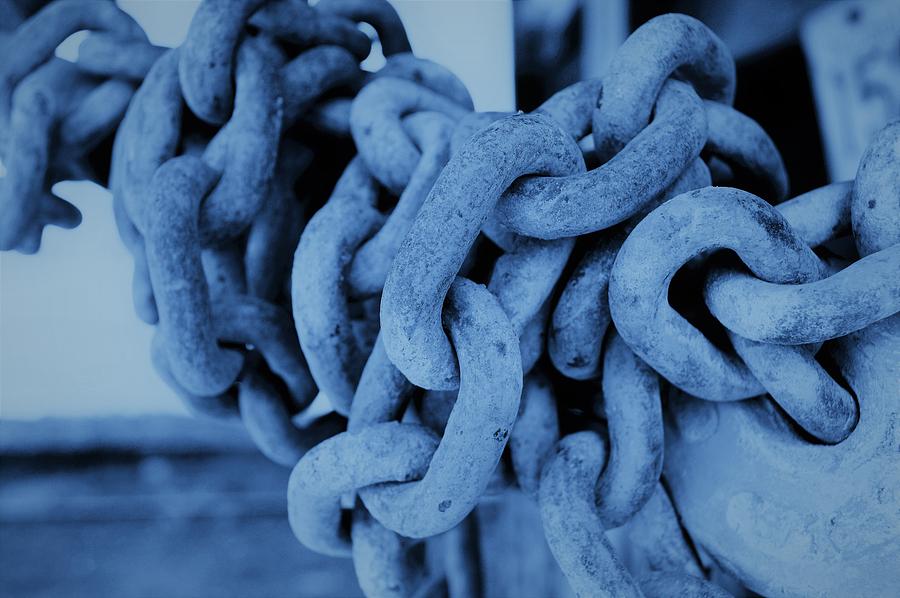|
Client Services
Important Information
Office Notes
| Policies
Credentials
| Background
Client Intake Forms
Educational Tools | Resources
Overview
The term "sexual
addiction" is used to describe the behavior of a person who has an
unusually intense sex drive or an obsession with sex. It is sometimes
referred to as sexual dependency or sexual compulsivity (or impulsivity). Sex and the
thought of sex tend to dominate the sex addict's thinking, making it
difficult to work or engage in healthy personal relationships.
Sex addicts engage
in distorted thinking, often rationalizing and justifying their behavior
and blaming others for problems. They generally deny they have a problem
and make excuses for their actions.
Sexual addiction
also is associated with risk-taking. A person with a sex addiction
engages in various forms of sexual activity, despite the potential for
negative and/or dangerous consequences. In addition to damaging the
addict's relationships and interfering with his or her work and social
life, a sexual addiction also puts the person at risk for emotional and
physical injury.

Generally, a
person with a sex addiction gains little satisfaction from the sexual
activity and forms no emotional bond with his or her sex partners. In
addition, the problem of sex addiction often leads to feelings of guilt
and shame. A sex addict also feels a lack of control over the behavior,
despite negative consequences (financial, health, social, and
emotional).
For some people,
the sex addiction progresses to involve illegal activities, such
as exhibitionism (exposing oneself in public), making obscene phone
calls, or molestation. However, it should be noted that sex addicts do
not necessarily become sex offenders.
Are you a sexual addict? How often do
you purchase sexually explicit magazines? Are
you preoccupied with sex? Do
you feel that your sexual behavior is abnormal? Does
your spouse ever complain about your sexual behavior? Do
you often feel badly about your sexual behavior? Do
you hide aspects of your sexual behavior from your partner? Has
your sexual behavior ever interfered with your family life? Have
you been unable to stop your sexual behavior even though you know it's
inappropriate?
Medicine Net: Sexual Addiction
Psych Central: Sexual Addiction
Web MD: Sexual Addiction
Sexual Control: Sexual
Addiction
Psychology Today: Sex Addiction
Wikipedia:
Sexual Addiction
Behaviors Associated With Sexual
Addiction
--
Compulsive masturbation (self-stimulation)
--
Multiple affairs (extra-marital affairs)
--
Multiple or anonymous sexual partners and/or one-night stands
--
Consistent use of pornography
-- Unsafe
sex
-- Phone
or computer sex (cybersex)
--
Prostitution or use of prostitutes
--
Exhibitionism
--
Obsessive dating through personal ads
--
Voyeurism (watching
others)
-- Stalking
(following and watching others)
-- Sexual
harassment
--
Molestation
Sexual Addiction Help
Medicine Net: Masturbation
Psychology Today: Exhibitionism
Wikipedia: Sexual
Abuse
Free Dictionary: Sexual Perversions
Wikipedia:
List of Paraphilias
Psychology Today: Sex Addiction
MD
Guidelines: Psychosexual Disorders
Psych Central: Sexuality and
Sexual Disorders
DSM-V: Sexual and Gender Identity Disorders
Sex Addiction and Pornography
Great Expectations Blog: Sexual Addiction
All Psych
Journal: Sexual
Addiction
Psych Central: What Causes Sexual Addiction
Mayo Clinic: Society's Sex Addiction Problem
Journal of Sex Research: Sexual Addiction, Compulsivity, Impulsivity

|

|
Sexual Addiction
Sexual Identity Disorder
Sexual Offender

Patterns and Examples of Sexual
Addiction
--
Fantasy sex: Neglecting commitments because of fantasy life,
masturbation.
--
Seductive role sex: Extramarital affairs (heterosexual or homosexual),
flirting and seductive behavior.
--
Anonymous sex: Engaging in sex with anonymous partners, having one night
stands.
--
Paying for sex: Paying prostitutes for sex, paying for sexually explicit
phone calls.
--
Trading sex: Receiving money or drugs for sex.
--
Voyeuristic sex: Patronizing adult bookstores and strip shows, looking
through windows of houses, having a collection of pornography at home or
at work.
--
Exhibitionist sex: Exposing oneself in public places or from the home or
car, wearing clothes designed to expose.
--
Intrusive sex: Touching others without permission, using position of
power (professional, religious) to sexually exploit another person,
rape.
--
Pain exchange: Causing or receiving pain to enhance sexual pleasure.
--
Object sex: Masturbating with objects, cross-dressing to add to sexual
pleasure, using fetishes as part of sexual rituals, having sex with
animals.
--
Sex with children: Forcing sexual activity on a child, watching child
pornography.

Sexual
Addiction or Hypersexual Disorder
Sexual addiction, which is also known as hypersexual disorder, has
largely been ignored by psychiatrists, even though the condition causes
serious psychosocial problems for many people. A lack of empirical
evidence on sexual addiction is the result of the disease's complete
absence from versions of the Diagnostic and Statistical Manual of Mental
Disorders.
However, people who were categorized as having a
compulsive, impulsive, addictive sexual disorder or a
hypersexual disorder reported having obsessive thoughts
and behaviors as well as sexual fantasies. Existing
prevalence rates of sexual addiction-related disorders
range from 3% to 6%. Sexual addiction/ hypersexual
disorder is used as an umbrella construct to encompass
various types of problematic behaviors, including
excessive masturbation, cybersex, pornography use,
sexual behavior with consenting adults, telephone sex,
strip club visitation, and other behaviors.
The adverse consequences of sexual addiction are similar
to the consequences of other addictive disorders.
Addictive, somatic and psychiatric disorders coexist
with sexual addiction. In recent years, research on
sexual addiction has proliferated, and screening
instruments have increasingly been developed to diagnose
or quantify sexual addiction disorders.
[Source:
Karila, Wéry, Weinstein, Cottencin, Petit, Reynaud, Billieux]
Service Information
Client Services
Important Information
Office Notes
| Policies
Credentials
| Background
Client Intake Forms
Educational Tools | Resources
Topic Pages
Sexual Addiction
Sexual Identity Disorder
Sexual Offender

|